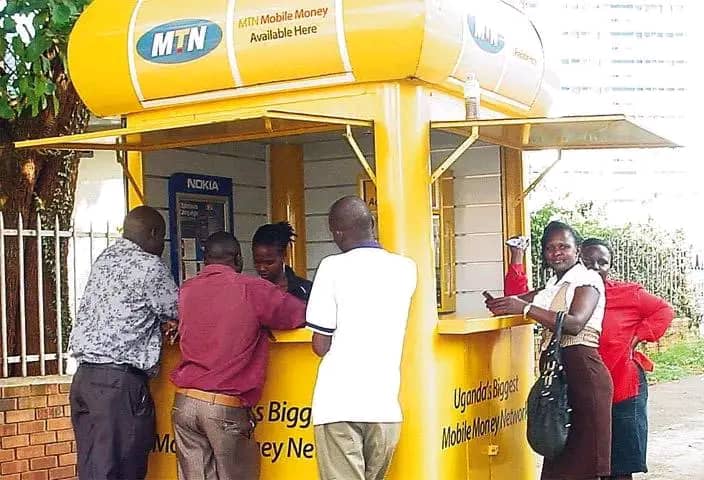The Repeal of the E-Levy: A Celebration for Mobile Money Vendors and a Potential Turning Point for Ghana’s Digital Economy
The air in Keta Municipality, Volta Region, is thick with celebration. Mobile money (Momo) vendors, the lifeblood of Ghana’s burgeoning digital financial system, are rejoicing over President John Dramani Mahama’s decision to abolish the Electronic Transfer Levy (E-Levy) and betting tax. This move, they believe, signals a new dawn for their businesses and the wider economy, promising smoother transactions, increased customer engagement, and a revitalization of digital financial activity. The E-Levy, a 1.5% tax on mobile money transfers introduced by the previous administration and later reduced to 1%, had become a point of contention, criticized for hindering financial inclusion and placing an undue burden on ordinary Ghanaians. Its repeal is viewed as a victory for the people and a testament to President Mahama’s commitment to fulfilling his campaign promises.
For vendors like Mr. Komla Dzidula, operating in Tetevikope, the E-Levy’s abolition is not merely a policy change; it’s a lifeline. He recalls the challenges posed by the tax, hindering seamless transactions and impacting his bottom line. The repeal, he believes, will not only facilitate smoother operations but also restore customer confidence and encourage greater use of mobile money services. Mr. Dzidula echoes the sentiments of many vendors and customers who see this move as a significant step towards financial relief and a catalyst for economic growth. He hopes that this positive momentum will help them recover from the financial setbacks experienced during the E-Levy era and contribute to the overall recovery of the economy.
The E-Levy, despite its unpopularity, had become a significant revenue stream for the government, generating GH₵612.34 million in its first year and GH₵1.19 billion in 2023. Its abolition, therefore, raises concerns about the potential impact on government finances. Critics argue that this substantial revenue loss, estimated to exceed GH₵2 billion annually, could hamper the implementation of crucial development projects. They emphasize the need for the government to identify alternative revenue sources to offset this loss and maintain its commitment to national development. This delicate balancing act will be a key test for the current administration.
However, proponents of the repeal argue that its long-term benefits far outweigh the immediate revenue loss. They contend that by removing the financial barrier posed by the E-Levy, the government is fostering a more conducive environment for digital financial transactions. This, in turn, is expected to stimulate economic activity, broaden financial inclusion, and potentially generate alternative revenue streams through increased economic growth. The increased usage of mobile money could also enhance the government’s ability to collect other taxes more efficiently.
The abolition of the E-Levy and betting tax marks a significant turning point in Ghana’s financial landscape. This move is not simply about removing a tax; it represents a shift in the government’s approach to digital finance, prioritizing financial inclusion and economic growth over short-term revenue gains. The ripple effects of this decision are expected to be felt across the economy, impacting businesses, individuals, and the government’s fiscal strategy. The coming months will be crucial in assessing the full impact of this policy change and determining whether it indeed delivers on its promise of a more vibrant and inclusive digital economy.
This story is not just about the celebration of Momo vendors or the concerns about revenue loss; it’s about the broader narrative of Ghana’s evolving digital economy. It highlights the complex interplay between government policy, technological advancements, and the everyday lives of citizens. The repeal of the E-Levy symbolizes a commitment to adapting to the changing financial landscape, embracing innovation, and utilizing technology to empower individuals and drive economic growth. It remains to be seen whether this bold move will usher in a new era of prosperity for Ghana, but one thing is certain: the digital financial revolution is underway, and Ghana is taking center stage.


